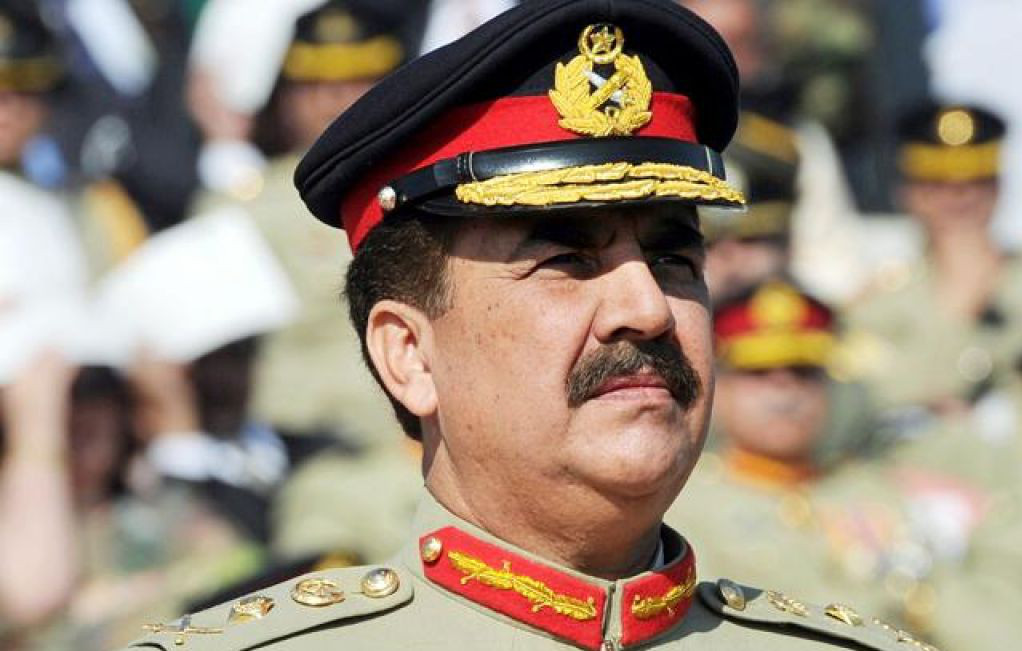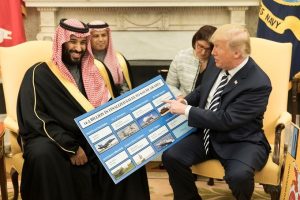by Fatemeh Aman
Iran and Pakistan have experienced many ups and downs in their relationship dating back to the creation of Pakistan in 1947. Despite Iran’s persistent conflict with Pakistan’s closest ally Saudi Arabia and broad economic relationship with Pakistan’s rivals India and Afghanistan, they have managed to maintain a relatively healthy relationship. Will this relationship be now influenced by the appointment of former army chief (retd) General Raheel Sharif as the leader of the Saudi military alliance?
The Islamic Military Alliance to Fight Terrorism (IMAFT), consisting of over 40 mainly Sunni-dominated countries and headquartered in Saudi Arabia, was created in 2015. Saudi Arabia, Pakistan, Malaysia, Yemen, Egypt, and other Muslim nations are members of IMAFT, while Iran and Syria are not. This“Islamic NATO,” as it is occasionally called, is aimed at “fighting terrorism in the region.”
Iran has “reservations” about Sharif leading the coalition even though it was notified about the move in advance during a visit between Iran Ambassador in Islamabad, Mehdi Honardoost, and Pakistan army chief General Qamar Javed Bajwa. Displeased over the move, Iran argued that “the region, more than ever, needed a coalition of peace.”
Iran-Pakistan Relations Steady
Pakistan has been a hotbed of tensions and conflicts between Shia and Sunnis for decades. The conflict took a turn for the worse since 2007, especially in the Parachinar region where Sunni militants massacred numerous Shiites. Despite Tehran’s reputation as a protector and promoter of Shiism, these events did not affect Iran’s friendly relations with Pakistan. Instead, Iran limited itself to friendly reminders to Pakistan’s officials about the need to improve the life of Shia communities in Pakistan and stayed away from active meddling in the Shia-Sunni conflict in Pakistan.
Even numerous terrorist attacks that have claimed the lives of many on the border with Iran have not triggered any confrontation between the two countries. Terrorist operations by groups that Iran believes are based in Pakistan but armed by Arab states, are merely blamed on the “inability” of Pakistan’s government to effectively prevent terrorism in its common borders with Iran. Iran has never directly accused Pakistan government of being complicit in border incidents.
Pakistan has occasionally put its smooth and tension-free relations with some Arab states at risk in order to save its relationship with Iran. In 2015, Pakistani lawmakers rejected Saudi Arabia’s push for Pakistan to join the coalition to fight Yemeni Houthi rebels and instead asked their government to mediate between Iran and Saudi Arabia. This was a bold move given the importance of remittances from Saudi Arabia and other Arab states to Pakistan’s economy.
Pakistan needs a solid relationship with Iran to avoid unrest in its common border region predominantly populated by ethnic Baluchis. Heightened tension in this region, if combined with broad ethnic and religious conflicts in the country, could inflame the region. Pakistan, at the same time, expects Iran to have more understanding about Pakistan’s position toward its financial supporters.
So far, the assignment of General Sharif to lead the anti-terrorism coalition has generated many pros and cons. Opposition parties in Pakistan have expressed skepticism of General Sharif joining the Coalition. The Pakistan Tehreek-i-Insaf (PTI) “strongly” opposed it, although some voices also supported the move. Foreign Secretary Tehmina Janjua stated that the Alliance is “against terrorism, not any country,” adding that “Pakistan will not go against Iran interests.” Also Pakistan’s Defense Minister Khawaja Mohammad Asif said on April 4 that Pakistan would play “no role in Yemen.” Referring to Pakistan’s traditional role in providing military training to Arab armies, he went on to say, “Our role in the Islamic military alliance will be limited to a role inside the Saudi borders.”
In response to Iran’s dissatisfaction with Sharif heading the coalition, army chief General Qamar Javed Bajwa reminded Iran that Pakistan has always respected Iran’s ties with Pakistan’s rival India, and expected Iran to respect Pakistan’s decisions to join the coalition.
Sharif and Iran-Pakistan Relations
In his 2016 visit there, General Sharif described Iran “as a very important neighboring Muslim country” and went on to say that “the people of Pakistan have a great affinity with their Iranian brothers.”
Sharif is very popular and considered one of the most effective and capable generals in Pakistan’s history. He served Pakistan’s military scandal-free, did not seek to extend his service, and retired in 2016 after three years serving in his last position. Through a massive ground operation in North Waziristan called Zarb-e-Azb that involved 30,000 Pakistani soldiers, he cleared the region of various militant groups and networks. Although Pakistan is accused of selectively targeting certain militant networks and using others against its neighbors Afghanistan and India, the operation did reduce the presence of some terrorist networks and boosted General Sharif’s popularity.
Should Saudi-Iran rivalries soften or the Yemen conflict take a different and perhaps less violent path or the Islamic State suffer a decisive defeat, Sharif will certainly receive much of the credit and his popularity will be boosted. However, if the Iran-Saudi rift deepens or the Yemen conflict escalates or the Islamic State becomes more powerful, General Sharif’s popularity may go south.
National Security Adviser Nasser Janjua stated last month that Gen. Sharif, in his new role, will remove “internal misunderstandings among Muslim countries.” However, he could be widening those misunderstandings.






That is the funniest thing I’ve ever heard! That all Sunni IMAFT will counter terrorism! Contrirary to the idea now the Sunnis will produce terrorist collectively withou any specific country like Saudi be held accountable! Congratulation to the Sunnis, Salafis and Wahabbies